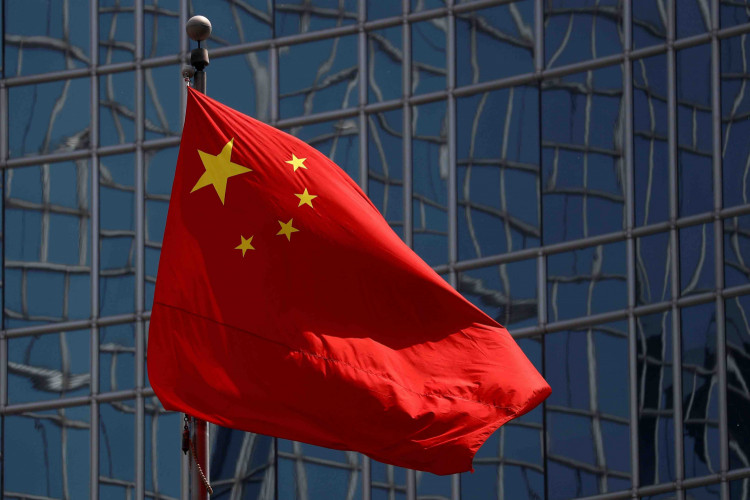Beijing on Saturday published new rules on foreign investment review for national security risks, covering various sectors from military defense to the acquisition of controlling stakes in fields of energy, natural resources, agriculture, internet technology and financial services.
The announcement came as U.S. President Donald Trump is ratcheting up tensions with China during his final weeks in office. Washington added dozens of Chinese companies to the trade blacklist Friday, Reuters reported.
Approved by the State Council, the 23-article rules were jointly released by the National Development and Reform Commission and the Ministry of Commerce (MOC) and will take effect 30 days after the release.
"The rules on foreign investments are not protectionism, nor backtracking from opening-up policies," said an NDRC representative. "Opening-up without security protection is unsustainable in the long run."
NDRC said that it will form a committee and that office will set up the security review mechanism and lead the task force in cooperation with the MOC, ChinaDaily reported.
The rules will be applied not only in mainland China, but also in Hong Kong, Macao and Taiwan. Foreign investors are required to report their investment in advance to the committee.
Foreign joint ventures, foreign takeovers of Chinese companies, foreign minority stakeholders who have sufficient voting rights in investments, and projects set up by foreign companies will face a security review by the authorities.
The rules state it will take about 15 days for the office to decide whether to undertake the review and another month to complete it. The rules include provisions for some cases to take a longer period of review.
The NDRC representative said that while implementing the security review rules, the committee will promote and protect foreign investment under the Foreign Investment Law while stepping up efforts to advance institutional opening-up.
"It's in line with international practice. Many nations have review mechanisms in place for foreign investment, including the United States and European countries," Huo Jianguo, vice chairman of China Society for World Trade Organization Studies, told South China Morning Post. "China took reference from the common practice."
As of Oct. 11, the European Union framework for screening of foreign direct investment became fully operational. It aims to become instrumental in preserving Europe's strategic interests while keeping the EU market open to investment.
"The EU is and will remain open to foreign investment. But this openness is not unconditional," said Valdis Dombrovskis, the executive vice-president of the European Commission. "To respond to today's economic challenges, safeguard key European assets and protect collective security, EU Member States and the Commission need to be working closely together."
China entered a new era of foreign investment on Jan. 1 this year when the Foreign Investment Law took effect. Enacted March 15, 2019, this landmark legislation aims to improve the business environment for foreign investors in the country.
It's also seen as an effort to treat foreign-invested enterprises in market competition on an equal basis.
As of Wednesday, China's 2020 list of industries that are either restricted or prohibited for foreign investors, in its latest so-called negative list for market access, has been reduced to 123 items from 131 in 2019.
The changes allow foreign companies to conduct energy exploration and produce oil and gas as well as carry out carbon emission assessments in China. This came as the European Union and China, early this month, held the 35th round of negotiations on forming a bilateral investment treaty.





